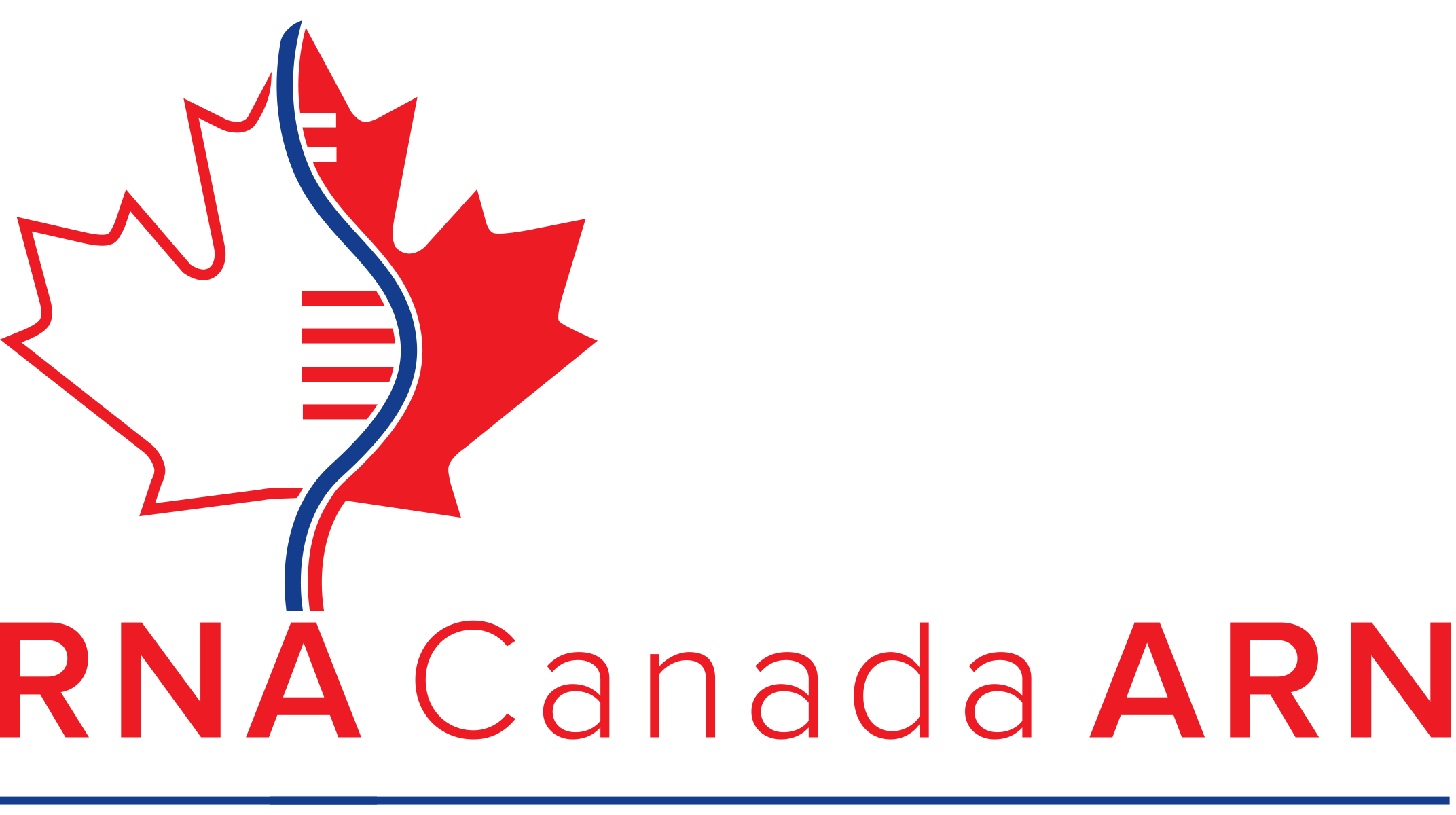Nominee: Krysta Coyle
Brief Biosketch provided for the nominee:
I hold a Ph.D. in Pathology from Dalhousie University and am currently a postdoctoral fellow at Simon Fraser University in Molecular Biology and Biochemistry. My work links RNA splicing to oncogenic biology. We were the first to describe a pattern of non-coding and silent mutations in the splicing factor HNRNPH1 which correlated with worse patient outcomes, altered splicing of HNRNPH1, and increased abundance of the cognate protein. I expanded this work with independent funding to functionally characterize the RNA binding partners of HNRNPH1 and identify alternative splicing events using CRISPR-derived cell line models of HNRNPH1 mutations. In addition to my scientific accomplishments, I have an extensive background in non-profit leadership. I hold a Certificate in Non-Profit Management (Mount Royal University) and previously served as an elected member for the Board of Directors of Girl Guides of Canada. Representing a nationwide membership over 90,000, I worked closely with staff and volunteers to implement and review a multi-year strategic plan and develop the successive plan. With a distributed model and an overall budget of over $15 million, I am experienced in best practices for risk management (including reputation management), compliance, and organizational culture and social impact.
Justification provided for the nominee:
On the heels of the novel coronavirus pandemic, this is an opportune time for RNA biology to take centre stage. Establishing a national network of RNA researchers will support trainees, staff, and investigators in producing impactful basic and translational science. My research interest in connecting RNA regulation to cancer biology, combined with my non-profit governance expertise makes me ideally suited to join the Board of Directors. I have a demonstrated ability to communicate complex concepts and research findings to a wide variety of audiences, including youth, organizational volunteers and staff, scientific experts, policy makers, and the media.


